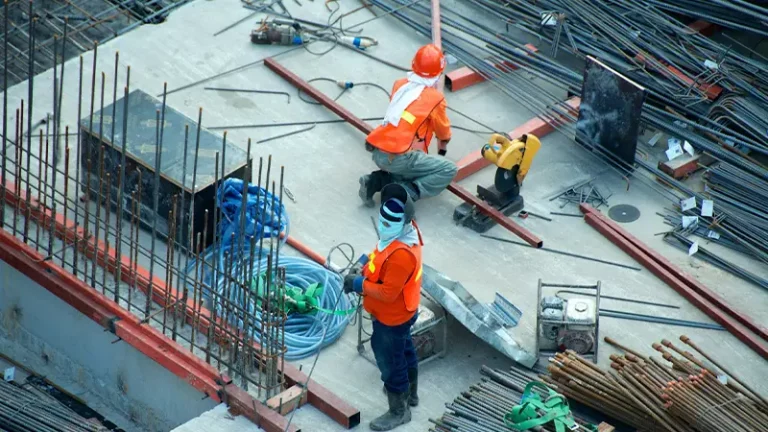When it comes to planning for the future, talking about wills isn’t always comfortable—but in California, having a properly prepared will can save your family stress, confusion, and even money. From “Do I really need one?” to “How does California law handle my estate?” these are some of the most common questions people ask, and we’re going to break it all down.
What is a Will and Why Do You Need One?
A will is a legal document that specifies how you want your property and assets distributed after you pass away. In California, a will can also designate guardians for minor children, name an executor to handle your estate, and set other specific instructions.Blasser Law
Even if you think your estate is small or simple, a will is important. Without one, California’s probate laws determine who gets your assets—and that may not align with your wishes.
Tip: Consulting a California estate planning lawyer can help ensure your will meets all legal requirements and accurately reflects your wishes.

Common Questions About California Wills
1. Who Can Make a Will in California?
You must be:
- At least 18 years old
- Mentally competent (understand the nature of your property and the effect of signing the will)
If you’re unsure about your capacity, a lawyer can guide you and may recommend a medical evaluation to prevent future disputes.
2. How Do I Make a Valid Will in California?
California law has specific rules for a will to be valid:
- Must be in writing (typed or handwritten)
- Signed by the person making the will (the testator)
- Witnessed by at least two people who are present during the signing and understand that it’s your will
California also recognizes holographic wills (entirely handwritten) as long as they are signed and clearly show your intent. However, they can be tricky in court if not done correctly—another reason to consult a lawyer.
3. Can I Update or Change My Will?
Yes, through a codicil (an amendment to your will) or by creating a new will entirely. But keep in mind:
- Old wills can create confusion if not properly revoked
- Small mistakes may lead to probate disputes
A lawyer can make sure updates are done legally, preventing any challenges after you pass.
4. What Happens if I Die Without a Will?
Dying without a will is called intestate. In California:
- Assets are distributed according to state law, not your personal wishes
- Spouses, children, and other relatives inherit based on a fixed formula
- Minors or dependents may require a court-appointed guardian
This is why even a simple will can save your family from a lengthy probate process.
5. How Does Probate Work in California?
When a will is submitted to the court after death, California law requires probate to validate it and distribute assets. Key points:
- Probate can take several months to over a year, depending on estate complexity
- Executors manage debts, taxes, and asset distribution
- Using a lawyer can simplify probate and reduce errors

How a Lawyer Can Help
A California wills and estate planning lawyer can:
- Draft a will that is legally sound and hard to challenge
- Advise on minimizing estate taxes and probate fees
- Set up related tools like trusts to avoid probate entirely
- Ensure guardianship designations are clear for minor children
- Review and update your estate plan as your life changes
Even if you think your estate is straightforward, professional advice can prevent disputes and protect your family’s future.
Practical Tips for Your Will
- Keep it updated whenever major life changes happen (marriage, divorce, birth of a child, moving assets).
- Store your will safely—in a secure location and let your executor know where it is.
- Communicate your wishes to your family to avoid surprises.
- Review with a lawyer periodically—laws change, and mistakes in DIY wills are common.
Conclusion
Creating a will in California is not just a legal formality—it’s an act of care for your loved ones. From ensuring your assets go where you intend to naming guardians for your children, a will protects your family and gives you peace of mind.
While DIY wills exist, involving a California estate planning attorney can help make your will enforceable, clear, and aligned with state law.
The right professional guidance ensures your wishes are honored, reduces probate headaches, and safeguards your family’s future.
Remember, it’s never too early—or too late—to think about your estate.






